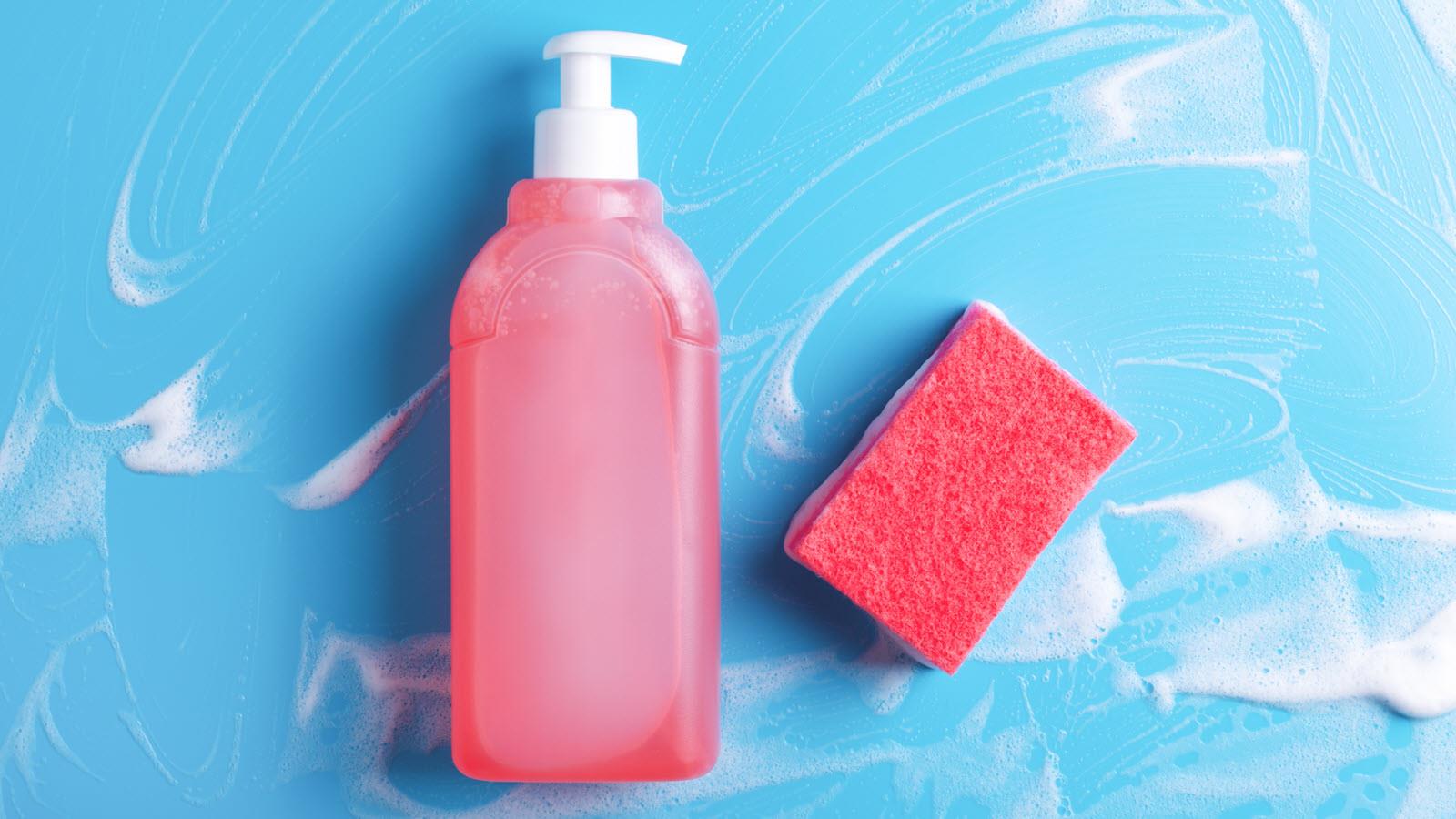As researchers take stock of the Omicron variant, one thing appears clear: You don’t have to deep-clean surfaces or wash your groceries to guard against the latest detected mutation of the virus that causes COVID-19.
Will Omicron behave like the Delta variant and spread primarily through the air?
“This is indeed an obvious yes,” said microbiologist Emanuel Goldman of Rutgers New Jersey Medical School. “The surface stability sensitivity of the virus is completely unaffected by any variants. It's an enveloped virus, and the mutations do not change that key property of the virus particles.”
More than a year ago, Goldman wrote a commentary in Lancet Infectious Diseases to say that surface transmission was unlikely. As reported in the journal Nature, other scientists agree that “deep cleaning” isn’t worth the trouble and takes time and energy away from ventilation and other more powerful ways to fight the spread.
Early in the pandemic, when antibacterial wipes were selling out, CSL Behring scientists investigated the effectiveness of various cleaning agents against the novel coronavirus (SARS-CoV-2) on a variety of surfaces. They found that 0.1% sodium laureth sulfate – found in many commonly available household soaps – was effective. They also tested 70% isopropyl alcohol (isopropanol); 70% ethanol; and 0.1% hydrogen peroxide.
“Within a minute, any combination we tested, the virus was killed,” said Eleonora Widmer, CSL Behring’s Senior Director of Global Pathogen Safety. “It was really reassuring. That’s what we were hoping to find.”
All the chemicals that were applied, including sodium laureth sulfate (soap), reduced the virus to undetectable levels on surfaces that were left wet for 60 seconds, rendering SARS-CoV-2 incapable of further infecting individuals. The team tested stainless steel, plastic, PVC and glass.
Twenty-one months into the pandemic, the air we share is still the main battleground. That means vaccines, ventilation, face masks and social distancing are the best methods to prevent the spread. Of course, medical experts still recommend regular hand-washing and keeping surfaces clean. But unless someone in your home has COVID-19, you don’t need to use antibacterial wipes or special disinfectants, according to the U.S. Centers for Disease Control and Prevention.
“In most situations, cleaning surfaces using soap or detergent, and not disinfecting, is enough to reduce risk,” the CDC says.



